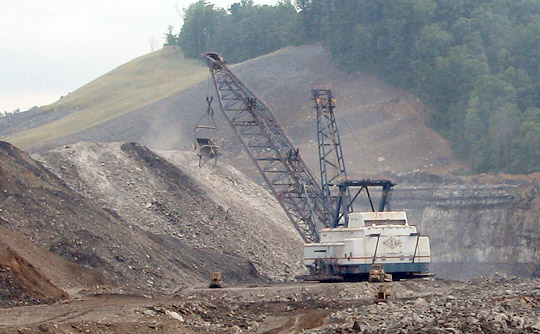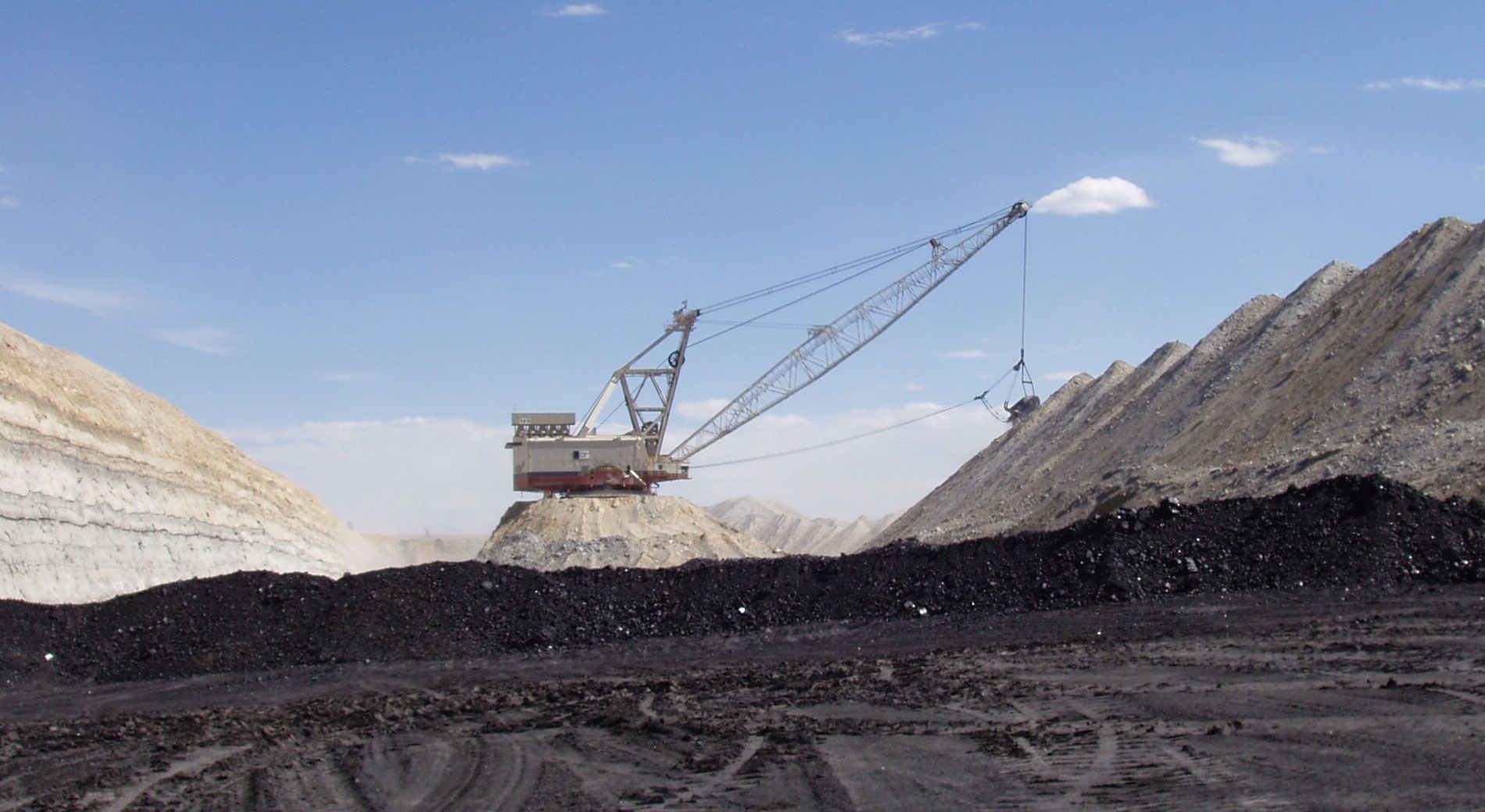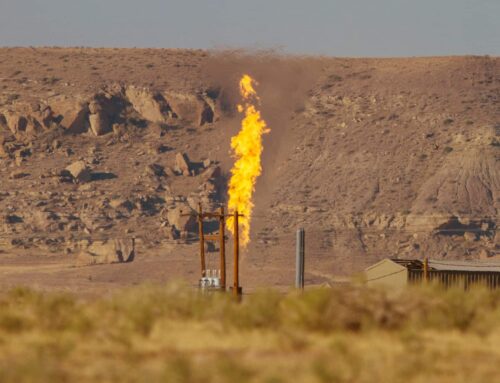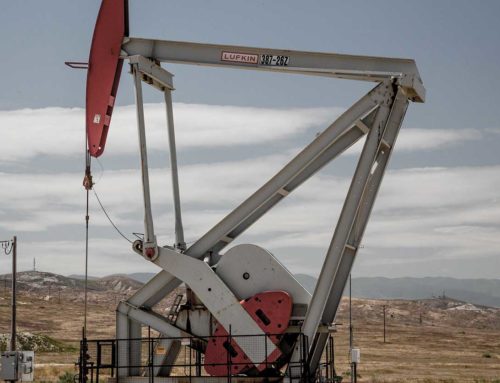With more than 50 coal company bankruptcies in the last several years, it is hard not to have heard of the current plight of the coal industry. While the impacts are real for coal workers and mining communities, those at the top are making it clearer every day that these bankruptcies are little more than a business move to shed debt and bring in a little more cash for those that matter most: themselves.
 I have written here over the last year about the many factors that have contributed to the coal industry's current situation: an overload of debt, a natural gas boom and a decrease in short-term export demand. Now we learn the recent news that bankrupt companies are paying large bonuses to top executives. I (truly) have no doubt that the work of restructuring these companies is challenging work, but that doesn't justify executive bonuses in this context. In the end, these bankruptcies could pick the pockets of taxpayers, and every dollar used to reward an executive could shift larger liabilities to taxpayers.
I have written here over the last year about the many factors that have contributed to the coal industry's current situation: an overload of debt, a natural gas boom and a decrease in short-term export demand. Now we learn the recent news that bankrupt companies are paying large bonuses to top executives. I (truly) have no doubt that the work of restructuring these companies is challenging work, but that doesn't justify executive bonuses in this context. In the end, these bankruptcies could pick the pockets of taxpayers, and every dollar used to reward an executive could shift larger liabilities to taxpayers.
The first big story came out when Arch Coal Inc. paid more than $8 million in bonuses to its top executives last January, just days before the company filed for bankruptcy protection after reporting a net loss of more than $2.9 billion for 2015. That same month, a bankruptcy judge in Richmond, Virginia, ruled that Alpha Natural Resources could pay potential bonuses of up to $11.9 million to senior managers. And last month, Peabody Energy Corp. asked a bankruptcy court in St. Louis to approve roughly $3 million in bonuses. Arch and Peabody CEOs each made millions in 2015.
At Taxpayers for Common Sense, we focus on wasteful federal spending, so we don't normally pay much attention to executive compensation. In these cases, however, the coal companies are also asking bankruptcy courts to relieve them of millions in liabilitiesfor restoring abandoned mines. Reclamation has become an increasingly important issue for taxpayers, as some of the largest coal companies in the country, including Arch, Peabody and Alpha, have sought to shift the cost of cleaning up old mines onto taxpayers. Together, Arch and Alpha had $896 million in outstanding reclamation liabilities when they declared bankruptcy. Since then, bankruptcy courts have reduced their liability to just $136 million, leaving roughly $760 million in cleanup costs that could fall to taxpayers.

Last month, the Office of Surface Mining Reclamation and Enforcement finally announced it was considering amending its regulations to ensure that companies with a history of financial insolvency, and their subsidiary companies, are not allowed to self-bond coal mining operations. Self-bonding, as I have written here before, is an option coal companies in good financial standing may choose to avoid the costs of buying insurance against future obligations for mine cleanup. The problem has been that companies have continued to apply and receive self-bonds through their subsidiaries, even as the parent company has careened toward bankruptcy. Nationwide, outstanding self-bonded obligations total about $3.9 billion, much of which involved guarantees made by subsidiaries.
If the bankruptcy proceedings of Alpha and Arch are any guide, taxpayers could end up covering most of these costs unless coal companies are forced to secure outside insurance. Meanwhile, these companies are spending their limited resources to reward executives for wha? Their performance? As I said in a previous post, the leadership at these coal companies, especially Peabody, did a great job of pushing more of its debt into self-bonds (and onto taxpayers) as the company's financial outlook deteriorated.
It's disgraceful, putting it mildly, to saddle taxpayers with future liabilities while lining the pockets of executives.
Ryan Alexander is president of Taxpayers for Common Sense.










